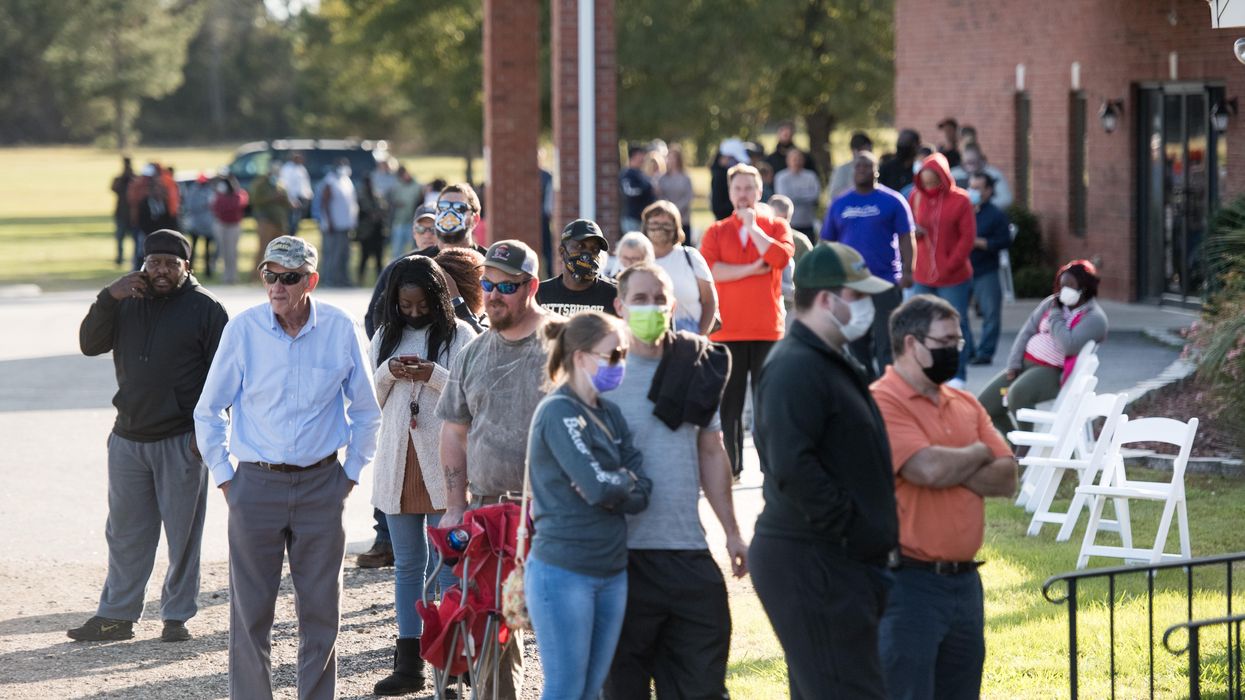Griffin chairs the Independence Party of South Carolina.
Last month, the South Carolina House unanimously approved a bill that would abolish fusion voting, which allows more than one political party to run a common candidate for public office. Our state has always permitted it.
Abolishing fusion would hurt the voters of our state, especially those in the African American community. Fusion allows for the building of electoral coalitions that include minor political parties along with the Democrats or Republicans, coalitions that appeal to the fastest growing (and often largest) group of voters: independents.
Fusion is key to bringing younger voters into the process, as they are much more inclined to identify outside the major parties. My daughters have often said to me that they wouldn’t dream of being a Democrat or Republican. Young people are looking for outside-the-box solutions!
This system is not unique to South Carolina. We can look to the 2005 mayoral campaign in New York for an example of the power of fusion for the African American electorate. A fusion between the Independence Party of New York and the Republican Party created a pathway for 47 percent of Black voters to vote outside the Democratic Party. This changed the fundamental dynamic in New York politics as Mayor Michael Bloomberg’s administration became more responsive to an African American agenda.
Abolishing fusion also narrows the public dialogue. The cross-endorsing of candidates, which fusion voting allows, has been a major way for smaller parties to get their views known among the broader electorate. In the 19th century, fusion voting was common throughout the United States. Currently, South Carolina is one of only eight states that still permits the practice.
It would be a great loss for the voters of South Carolina if the bill becomes law.


















 Senate Committee on Commerce, Science, and Transportation ranking member Sen. Maria Cantwell (D-WA) (R) questions witnesses during a hearing in the Russell Senate Office Building on Capitol Hill on February 10, 2026 in Washington, DC. The hearing explored the proposed $3.5 billion acquisition of Tegna Inc. by Nexstar Media Group, which would create the largest regional TV station operator in the United States. (Photo by Chip Somodevilla/Getty Images)
Senate Committee on Commerce, Science, and Transportation ranking member Sen. Maria Cantwell (D-WA) (R) questions witnesses during a hearing in the Russell Senate Office Building on Capitol Hill on February 10, 2026 in Washington, DC. The hearing explored the proposed $3.5 billion acquisition of Tegna Inc. by Nexstar Media Group, which would create the largest regional TV station operator in the United States. (Photo by Chip Somodevilla/Getty Images)
